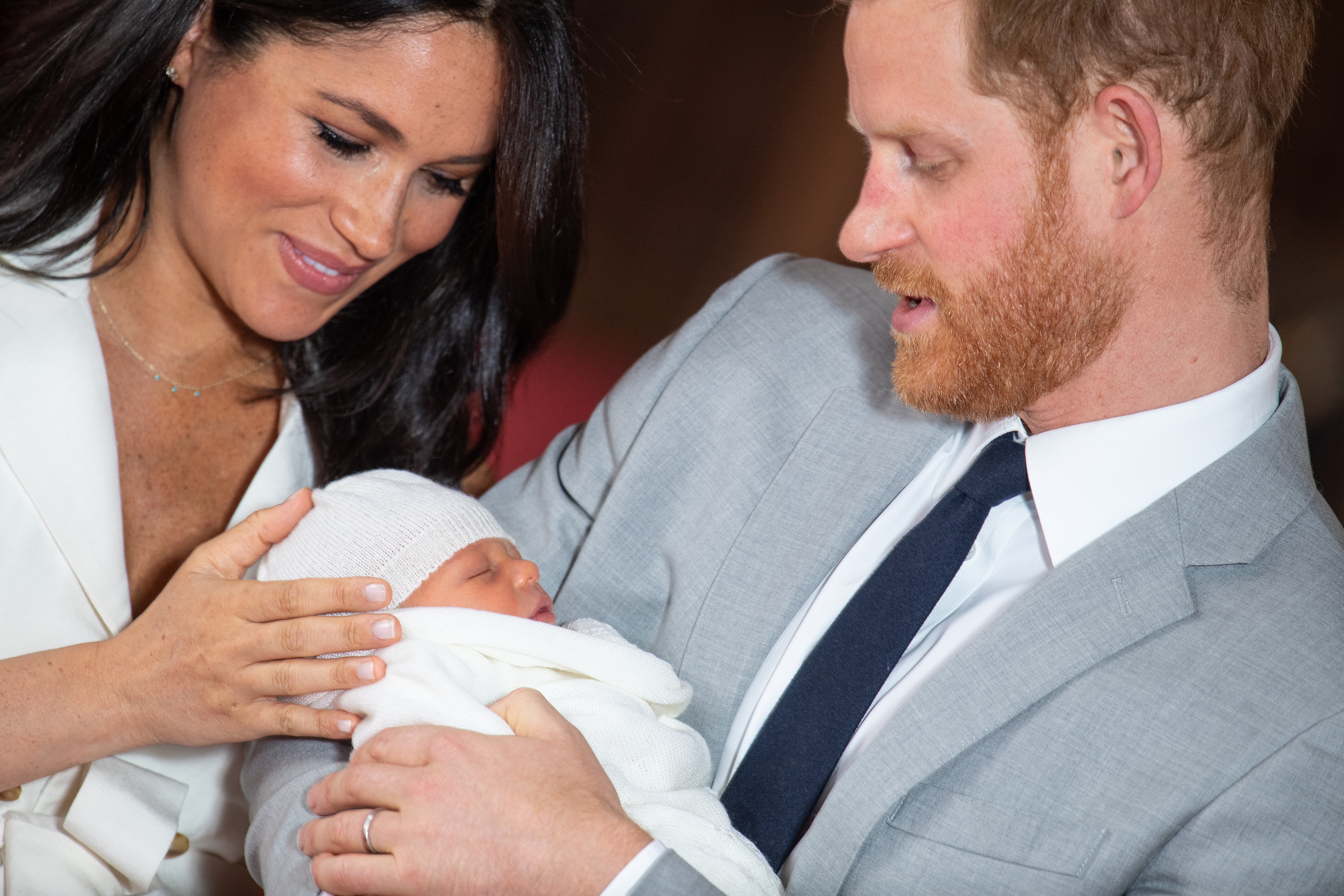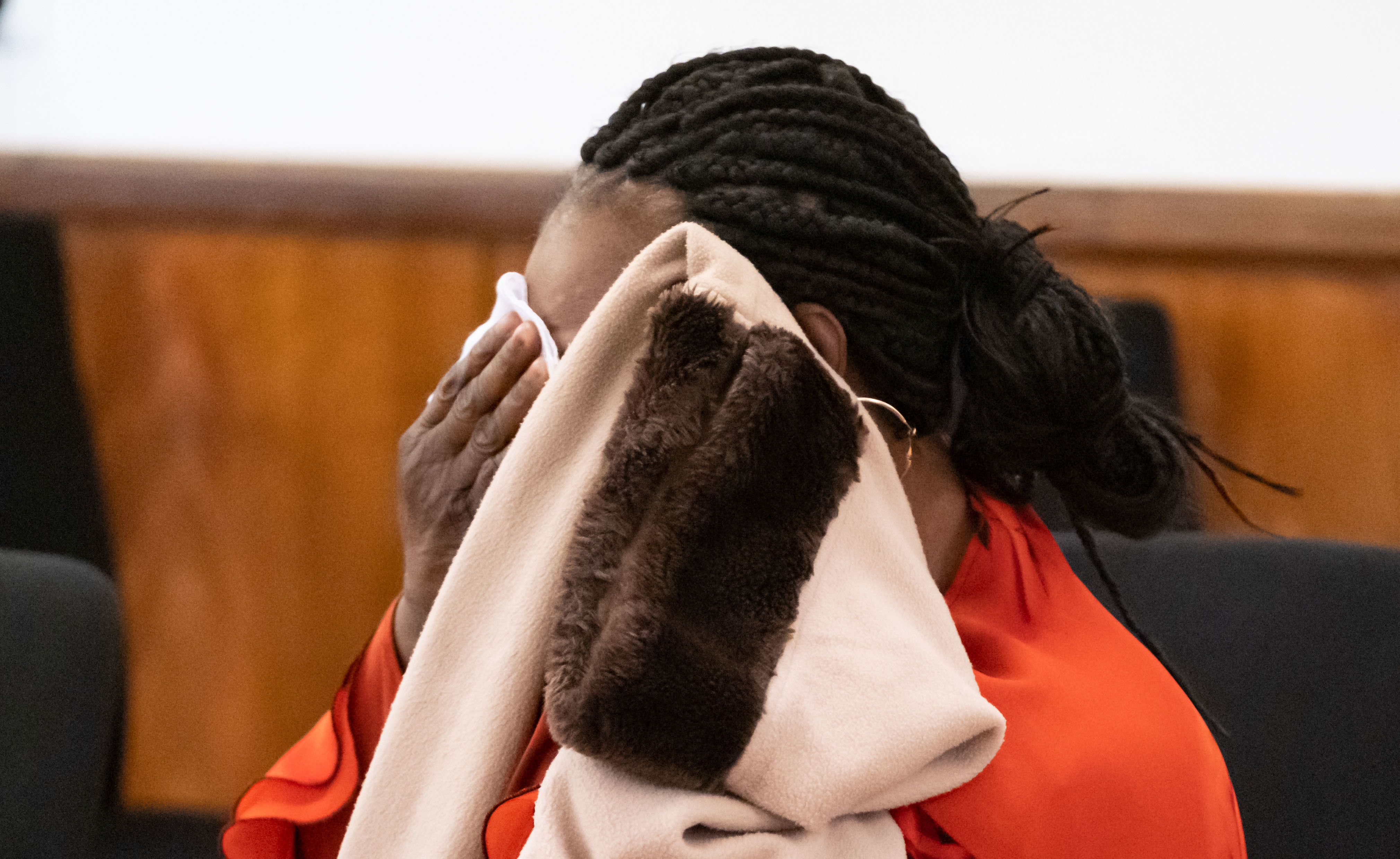Catholic anti-slavery organisation, the Santa Marta Group, has welcomed the launch of a programme to raise awareness of human trafficking among nurses across the world.
The aim of the initiative, a partnership between the International Council of Nurses (ICN), the Irish Nurses and Midwives Organisation, Health Service Executive and the Royal College of Surgeons in Ireland, is to raise awareness of human trafficking among the 20 million nurses globally after research in the UK and US found that many trafficked victims engage with healthcare services during their period of exploitation.
Addressing the ICN’s Congress in Singapore last week, Kevin Hyland, senior advisor to the Santa Marta Group, said that healthcare professionals, and in particular nurses, provide an opportunity to increase identification of the victims of the trafficking.
“With current figures revealing globally less than one per cent of victims are identified, mobilising the 20 million members of the ICN, most of whom work on the front line, will offer an opportunity to significantly increase the numbers of children, women and men who are protected from this abhorrent abuse,” he told the congress, attended by the national nursing bodies of over 120 countries on 1 July.
The new programme includes a booklet, released on 5 July, which provides nurses with information on how to recognise the signs of human trafficking, and a range of health indicators that might trigger a concern. It also provides recommendations on appropriate action should a nurse recognise the signs of trafficking in a patient. The booklet will be published initially in English, Spanish and French.
Howard Catton, ICN’s Chief Executive said:
“Nurses are on the frontlines of health, caring for the most vulnerable populations, particularly in primary health care settings. They are well positioned to identify signs in suspected human trafficking victims, both physical, such as physical abuse and malnourishment, and mental, such as submissiveness, confusion, fear and lack of self-esteem. Nurses have a duty to protect those in danger and report to the authorities.”
A recent Global Report on Trafficking in Persons launched by the United Nations Office on Drugs and Crime (UNODC) showed that while the number of convictions for human trafficking is increasing, two out of every five countries had not recorded a single conviction.



 Loading ...
Loading ...